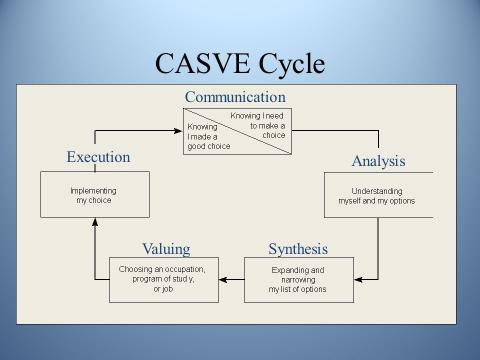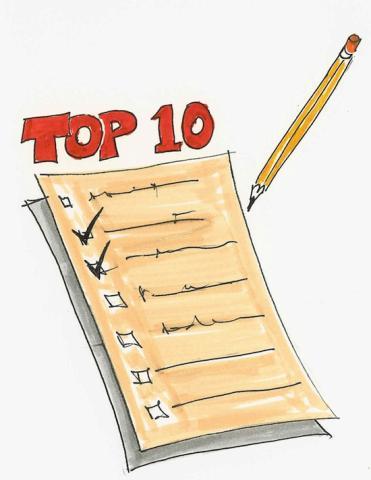

Post written by Brad Fackler, MBA When you have primarily worked in an academic setting, any other work path can seem like a confusing and scary venture. Many scientists consider career options in industry; however they often worry about what this transition will be like. Here are the top ten myths I often hear about an industry career in science. x
1. I will have my project “yanked away.”
“The notion of the narrowly-focused life is highly romanticized in our culture. It’s this idea of destiny or the one true calling. The idea that we each have one great thing that we are meant to do during our time on this earth… but what if you’re someone who isn’t wired this way?”

We often talk about decision-making within this blog because so many decision points come up within a career. We have discussed how people can drift into decisions and how one can use a prioritizing grid in order to help make a decision.

In an earlier blog post, we discussed John Krumboltz’s Happenstance Learning Theory and we offered four powerful questions for you to ponder. Questions aimed at individuals who feel stuck and need some help moving forward with their career goals.

